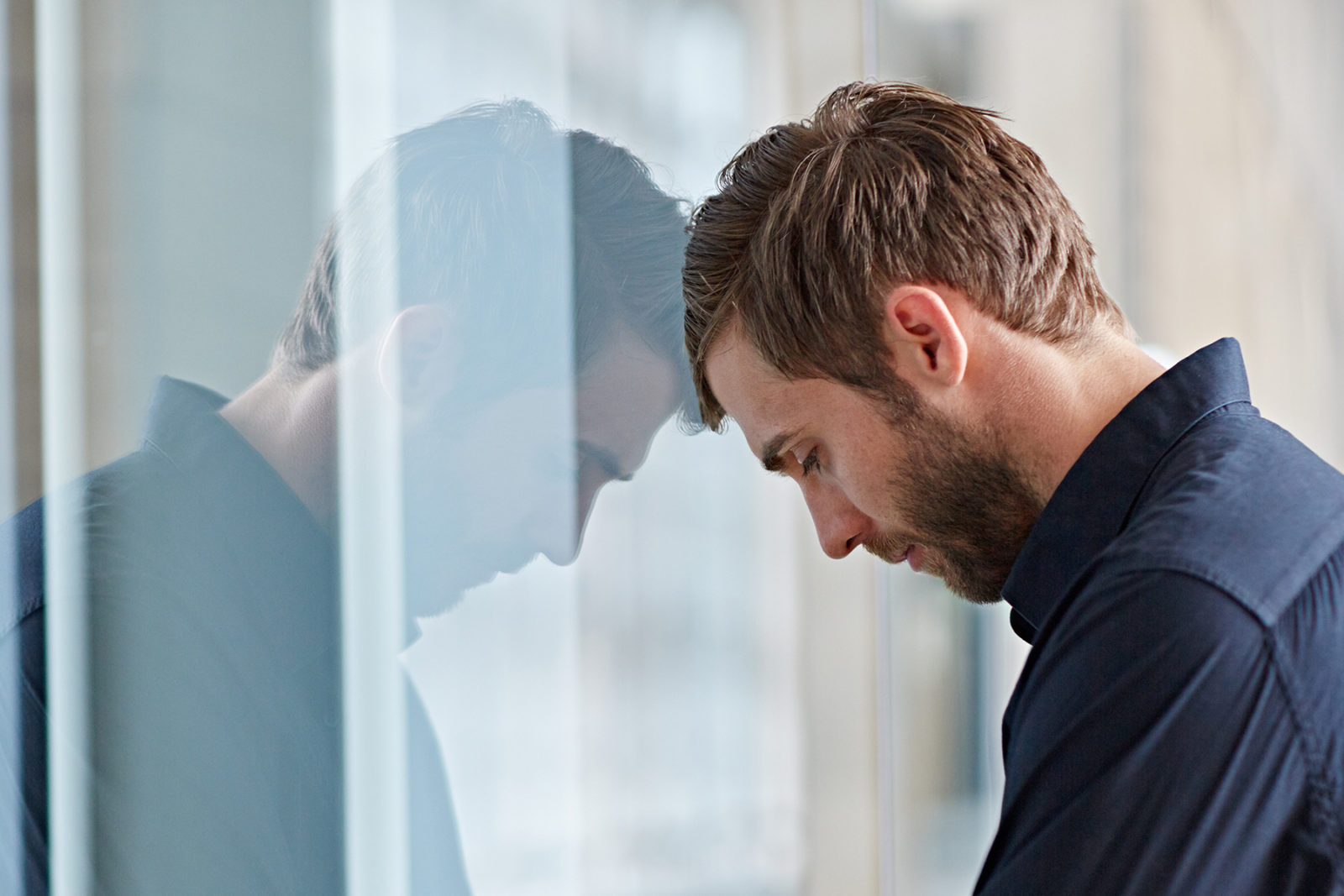What is anxiety?
Learn more about anxiety – how common it is, as well as the signs and symptoms of anxiety. Discover when normal worry becomes anxiety and find effective coping strategies.
Read more
Learn more about anxiety – how common it is, as well as the signs and symptoms of anxiety. Discover when normal worry becomes anxiety and find effective coping strategies.

We all feel anxious sometimes – before a job interview, during a first date, or when giving a presentation. Your heart might beat faster, your palms sweat, and your mind races with “what-if” thoughts. Feeling anxious in these situations is normal and can even be helpful, keeping you alert and focused when needed.
Here are some common situations when feeling anxious is a natural response:
While feeling anxious is a natural response when you’re under pressure, those feelings usually pass once the event ends. However, for some people, that unpleasant anxious feeling does not go away as easily.
If you have anxiety, you might notice that:
Experiencing anxiety from time to time is normal. When anxiety starts to interrupt your everyday activities, like going to work or seeing your friends, it is important to seek help as it is treatable. If left unchecked, anxiety can start to affect your personal relationships, disrupt your work life, and impact your overall wellbeing.
If you have anxiety, you are not alone. On average, one in five men will experience anxiety at some stage in their life, and there are 3.4 million Australians with an anxiety disorder. [1]
Anxiety can be diagnosed as a disorder when the feelings are out of proportion to the situation, last longer than expected, and affect your daily activities and wellbeing.
There are different types of anxiety disorders, including:
If you are concerned that you have anxiety, make an appointment to see your GP. Your doctor can conduct a mental health assessment and, if appropriate, refer you to a psychologist. You can also call a free helpline like MensLine on 1300 78 99 78 to speak to a counsellor.
While everyone experiences anxiety differently, there are some common signs and symptoms.
Thoughts and feelings
Anxiety can affect your thoughts and feelings in various ways:
Physical symptoms
Your body responds to anxiety in several ways, including:
You might not experience all these symptoms, and it will also depend on the type of anxiety. It is particularly important to seek support if you notice your symptoms are:
If you recognise these patterns in yourself, know that help is available, and these symptoms can be managed effectively with the right support. Calling MensLine on 1300 78 99 78 or speaking to your GP is a good first step to getting help.
There are effective ways to manage and treat anxiety.
Anxiety can make you think things are worse than they really are and cause you to feel less capable of handling situations. When your anxious thoughts are racing, ask yourself:
When you feel overwhelmed, try a grounding technique, which can help you feel calm and stable. Below are two examples.
Deep breathing:
Five senses:
Set aside 10 to 15 minutes each day as your dedicated “worry time”. When anxious thoughts pop up during the day, jot them down and save them for your worry time. When your worry time arrives, review your worries – you may find that many worries have lost their intensity or some have resolved themselves. Choose a time that works for you that isn’t too close to your bedtime. Once you have a regular worry time, you are less likely to have your worries take over during the day.
If you are feeling anxious, getting regular exercise (find something you enjoy), maintaining a good sleep routine, eating well, and staying hydrated can be helpful. Our physical health and mental health work together – taking care of our physical health can help improve our emotional wellbeing.
If anxiety is impacting your everyday life, see your doctor or mental healthcare professional.
Tell your doctor what you are going through so they can offer you the best advice. This may include creating a mental health treatment plan and providing you with a referral to see a mental health professional, such as a psychologist.
A psychologist can teach you practical coping strategies, provide therapy to help change unhelpful thoughts, and offer a safe space to work through difficult experiences.
Health Direct has more information on mental health resources, including low-cost and free mental health services.
A helpline such as MensLine Australia is available 24/7 and is free. Calls are answered by professionally trained counsellors who can help you to manage anxiety. Call 1300 78 99 78 or click the floating chat button on the right. You can also call Lifeline on 13 11 14.
The best approach varies from person to person. You might need to try a combination of strategies and professional support to find what works best for you. The most important thing is to take that first step. Don’t wait until anxiety becomes overwhelming to seek help. The earlier you reach out for support, the better equipped you’ll be to manage your anxiety effectively.
Call to speak to one of our MensLine Australia counsellors on 1300 78 99 78 or click on the floating chat button on the right to access online counselling. We’re here to help 24/7 and our service is free.
In an emergency, call 000.
References
Learn more about anxiety – how common it is, as well as the signs and symptoms of anxiety. Discover when normal worry becomes anxiety and find effective coping strategies.
Read more

Have you felt intensely nervous, fearful or panicked when faced with social situations or events? If these feelings are persistent and recurring, you may be experiencing some of the symptoms and signs of social anxiety disorder, also known as social phobia.
Read more